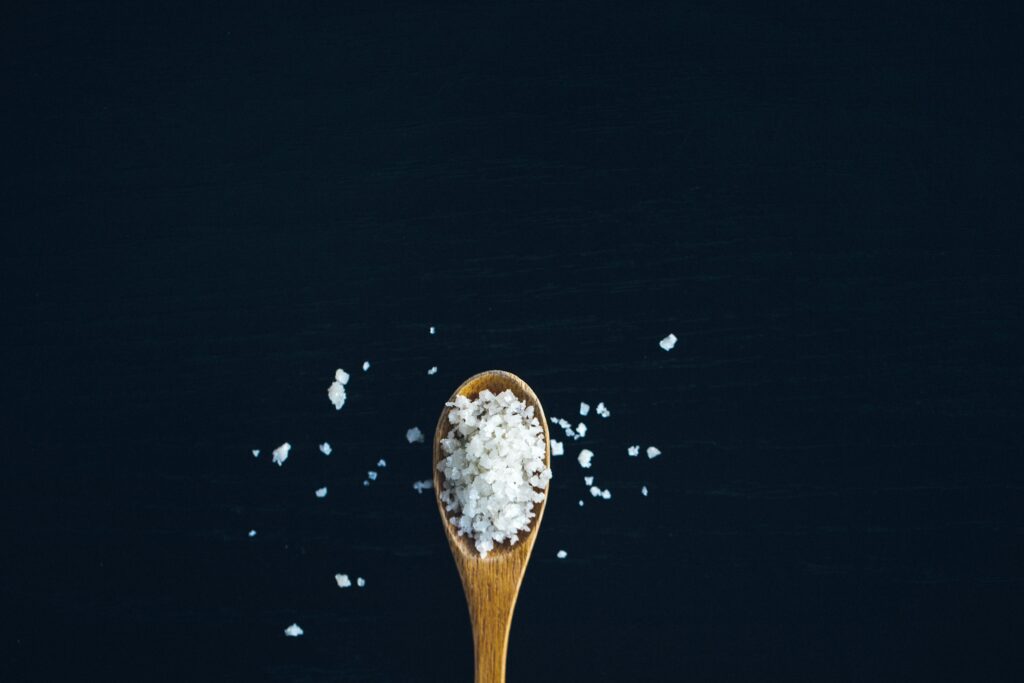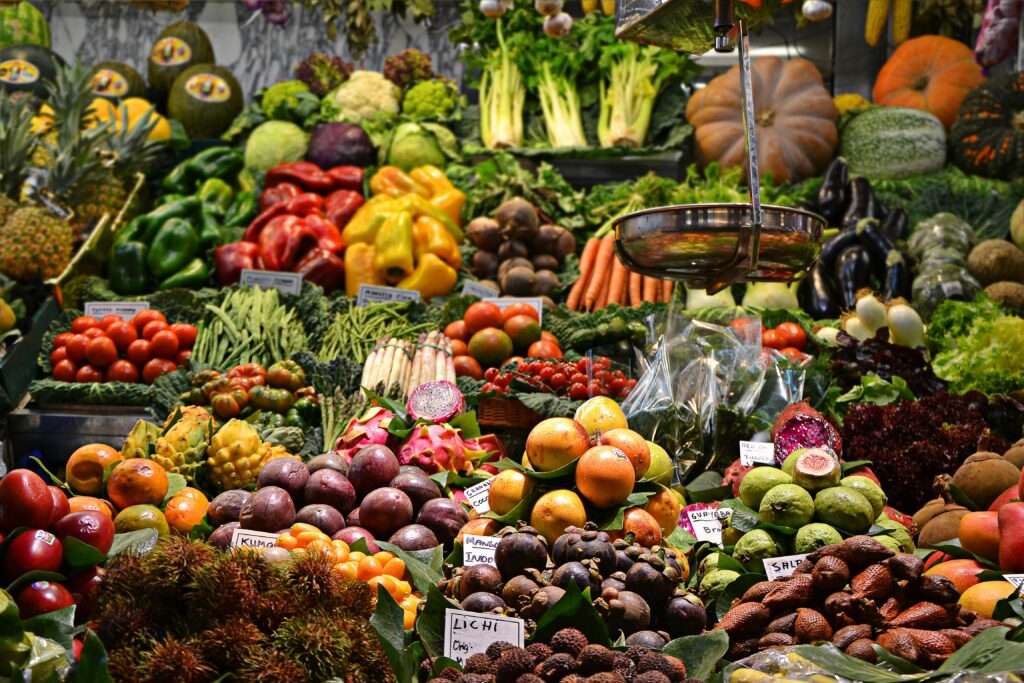Organ Care – What Are Your Organs’ Biggest Fears?
The human body can function normally due to the healthy operation of all its organs. However, did you know that many unhealthy habits in daily life are subtly damaging the health of various organs? Different organs have different “enemies.” By recognizing and defeating them, we can protect the overall health of our body.

1. Lungs Fear Smoke
The lungs are very important organs closely connected to our breathing. Long-term smoking, exposure to secondhand smoke, kitchen smoke, and smog can all harm the lungs and increase the risk of lung diseases such as pulmonary embolism and lung cancer.
Tips for Lung Health:
Do chest-expanding exercises
- Stretch your arms wide, expand your chest as much as possible, and breathe using your abdomen to increase lung capacity and enhance lung resilience.
Quit smoking
- Long-term smoking can damage the cilia in the respiratory tract, allowing harmful gases to directly harm the body.
Reduce kitchen smoke
- Use a strong range hood when cooking or opt for steaming and boiling methods with less smoke.
Eat light meals
- Avoid spicy foods, especially during respiratory infections.
2. Stomach Fears Cold
The stomach prefers warmth and is sensitive to cold stimuli such as cold dishes, chilled drinks, and cold drafts, which can cause acute gastroenteritis. Coldness causes blood vessels in the stomach and intestines to constrict, affecting the conversion of food through the digestive tract into blood.
Once the stomach is stimulated by cold air or cold foods, it can lead to spasms, stomach pain, and diarrhea.
Tips for Stomach Health
Avoid cold foods
- Do not eat food straight out of the refrigerator; either warm it up or let it reach room temperature before consuming.
Consume warm and nourishing foods
- In winter, consider eating lamb to warm and nourish the stomach. Taro stewed with lamb is recommended for its spleen-strengthening and stomach-warming properties.

3. Heart Fears Salt
The main component of salt is sodium chloride, and excessive sodium intake can lead to water retention in the body, increased blood pressure, higher resistance, and greater stress on the heart. Besides table salt, soy sauce and MSG also contain salt, so excessive use can lead to exceeding daily salt intake.
Tips for Heart Health
Reduce salt intake
- Limit salt consumption to no more than 6 grams per day, roughly equivalent to one beer bottle cap full.
Massage the acupressure point Neiguan
- Extend your arm, and measure three finger-widths up from the wrist crease on the forearm between the two tendons. Massaging this point for 10-15 minutes, 2-3 times a day, can have calming and soothing effects.
Eat four types of heart-healthy vegetables daily
- These include seaweed, mushrooms, celery, and alliums like onions, garlic, and ginger. They all offer excellent heart protection.
4. Kidneys Fear Protein Overload
Meat is rich in protein and fat, and excessive intake increases metabolic waste, putting extra strain on the kidneys. Foods such as eggs, milk, seafood, and legumes, which are high in protein, should be consumed in moderation. Those with existing kidney diseases need to strictly control daily protein intake.

Tips for Kidney Health:
Control protein intake
- Adults should consume 60-80 grams of protein daily to meet the body’s needs. Limit meat consumption to no more than 4 ounces per day.
Follow the sleep cycle
- A nap at around noon is good for the heart, and sleeping before 11 pm is beneficial for the kidneys. Maintaining these sleep times can improve the health of both organs.
Consume natural kidney tonics
- Mulberries are rich in resveratrol, which benefits kidney energy. Chestnuts, which are high in carbohydrates and low in protein, can help protect the kidneys. Yams also enhance the kidney’s detoxification ability.
5. Liver Fears Fat
The liver is the largest solid organ in the body and plays a crucial role in metabolism. Oily foods are the liver’s number one enemy. Uncontrolled intake of high-fat foods can increase the liver’s burden, disrupt metabolism, and lead to fatty liver. Severe cases can progress to liver fibrosis, cirrhosis, and liver cancer.
Tips for Liver Health
1+2+1 Low-Carb Diet
- This rule refers to the daily intake of carbohydrates: one portion equivalent to a portion of rice for breakfast, two portions for lunch, and one portion for dinner. This approach can effectively control weight and reverse fatty liver.
Consume nuts in moderation
- Nuts like walnuts, peanuts, and seeds contain essential fatty acids and nutrients that support liver health. A small handful a day can help protect the liver.
6. Pancreas Fears Overeating
The pancreas is a vital organ located behind the stomach in the abdomen. It plays a key role in digestion and in regulating blood sugar levels. Irregular eating habits, especially overeating, can lead to endocrine disorders. When blood lipid and blood sugar levels rise rapidly, the pancreas faces increased pressure, which can lead to excessive secretion of pancreatic fluid and reflux.
Tips for Pancreatic Health
Eat smaller meals more frequently
- Avoid eating too much in one sitting. Staying about 70% full is ideal. Drinking a bowl of soup before a meal can stimulate the digestive organs to secrete digestive enzymes in advance, aiding digestion and preventing food retention.
Increase intake of vegetables, fruits, and whole grains
- Dietary fiber promotes intestinal peristalsis and digestion, helping shorten the time food stays in the intestines and protecting the pancreas.

7. Blood Vessels Fear Blockage
Modern lifestyles often involve stress, anxiety, excessive fatigue, and prolonged sitting, all of which can accelerate vascular aging without our awareness. This leads to increased blood viscosity, slower blood flow, and circulation issues. If blood vessels become blocked, the risk of cardiovascular and cerebrovascular diseases increases.
Tips for Vascular Health
Use Panax notoginseng (Sanqi)
- This traditional herbal remedy is known for its blood circulation-enhancing properties. Taking 3-6 grams daily can help prevent thrombosis.
Drink green tea
- The catechins in green tea strengthen blood vessel flexibility and elasticity, preventing arteriosclerosis.
8. Intestines Fear Holding It In
Intestines play a crucial role in the formation and elimination of stool, which is the waste product of the digestive process. As food moves through the intestines, nutrients are absorbed, and what remains is waste material, including undigested food particles, water, bacteria, and other substances.
Throughout a person’s life, about 4,000 kilograms of stool is expelled, and one-third consists of intestinal bacteria. Over 80% of metabolic waste and toxins are expelled through the intestines. If you hold in your bowel movements, harmful substances may be reabsorbed into the bloodstream, leading to a vicious cycle and potentially damaging major body systems.
Tips for Intestinal Health
Avoid holding it in
- Mornings and after breakfast are ideal times to relieve yourself. Don’t hold it in during these times, and develop a regular bowel movement habit.
Eat more apples
- Apples are rich in pectin, which can regulate the gut microbiome, increase beneficial bacteria, suppress harmful bacteria, and help clear intestinal waste.

9. Eyes Fear Strain
Traditional Chinese medicine says: “Fatigue enters through the eyes.” Excessive use of the eyes can lead to dry eyes, swollen eyes, dizziness, and nausea.
Tips for Eye Health
Massage three major acupressure points for eye health
- There are three neighboring points on the thumb: Mingyan, Fengyan, and Dakuangou. Regularly massaging these points can relieve eye fatigue.
**How to perform:** Use the thumb and index finger of the other hand to hold your thumb and apply pressure to the three acupressure points, just enough to feel slight pain.
Eat foods good for the eyes
- Mustard greens and spinach are rich in carotenoids and can help prevent dry eye syndrome. Lutein and zeaxanthin in egg yolks have strong antioxidant properties, reducing ultraviolet damage and slowing down eye aging.
Photo Credit:
Photo by Kira auf der Heide on Unsplash
Photo by Jason Tuinstra on Unsplash
Photo by Towfiqu barbhuiya on Unsplash
Photo by Jacopo Maia on Unsplash
Photo by Peter Nguyen on Unsplash
* Important: The information provided here is for general information purposes only and is not a substitute for professional medical advice, diagnosis, or treatment. Always seek the advice of a healthcare professional with any questions you may have regarding a medical condition.
